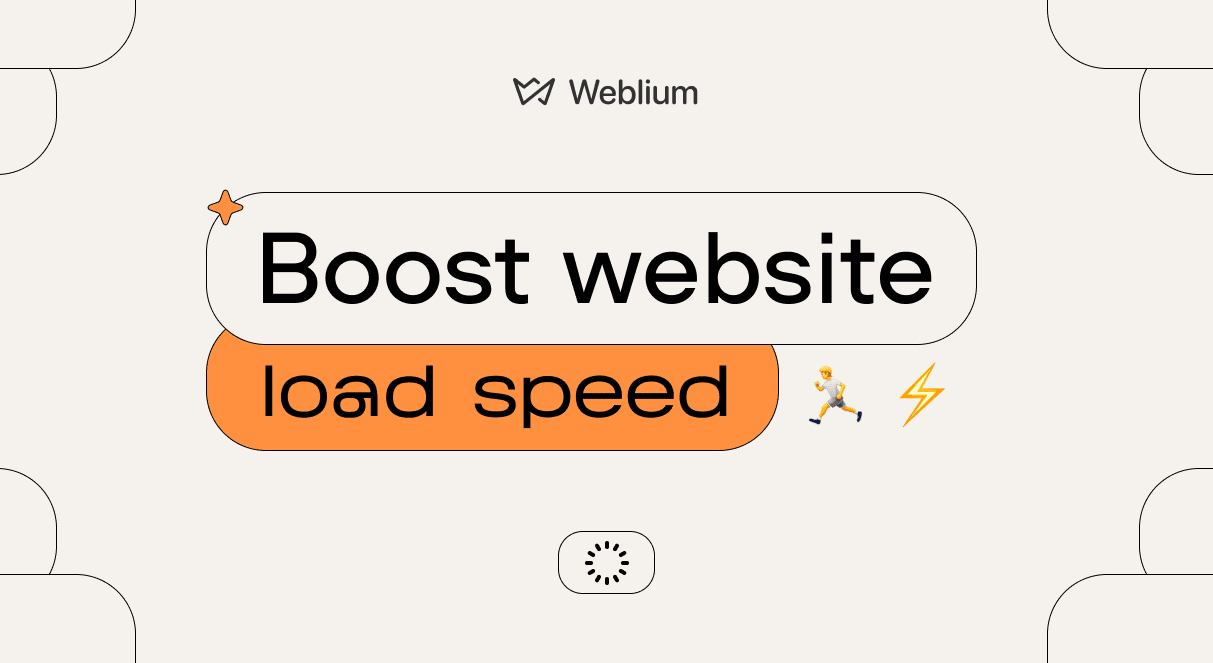Staying Ahead of the Curve: Web design trends 2023
Optimizing Website Speed for Better SEO and User Engagement
tymlessvisionary.com
1 October 2023
Blog

A slow-loading website can lead to high bounce rates and negatively impact both user experience and SEO rankings. To ensure your website performs at its best, follow these strategies to optimize page load speed:
Optimize Images:
Compress images without compromising quality and use appropriate formats (JPEG, PNG, etc.) for different types of images.
Browser Caching:
Leverage browser caching to store frequently accessed resources locally, reducing load times for returning visitors.
Minimize HTTP Requests:
Reduce the number of elements on a page that require separate HTTP requests, such as scripts, stylesheets, and images.
Use Content Delivery Networks (CDNs):
Distribute your website’s content across multiple servers worldwide to reduce server response times and enhance global accessibility.
Minify CSS, JavaScript, and HTML:
Remove unnecessary characters and white spaces from code to reduce file sizes and improve load times.
Limit Use of Third-Party Scripts:
Be judicious with third-party scripts like social media plugins and analytics tools, as they can slow down page load times.
Prioritize Above-the-Fold Content:
Ensure that crucial content loads first, allowing users to interact with the page while additional elements continue to load.
Unlocking the Future of Web Design, One Innovation at a Time. Tymless Visionary – Where Creativity Meets Functionality for Unforgettable Online Experiences
Tymless Visionary
Optimize Server Performance:
Use a reliable hosting provider and consider upgrading to a more powerful server if necessary.
Monitor Website Performance:
Use tools like Google PageSpeed Insights or GTmetrix to regularly assess and address speed issues.
Implement Lazy Loading:
Load images and other resources only when they become visible to the user, reducing initial load times.
By implementing these speed optimization techniques, you’ll not only improve user engagement but also boost your website’s SEO performance.
Dont Hesitate To Contact Us
Your digital aspirations are just a click away. Contact us today to start transforming your online presence.
